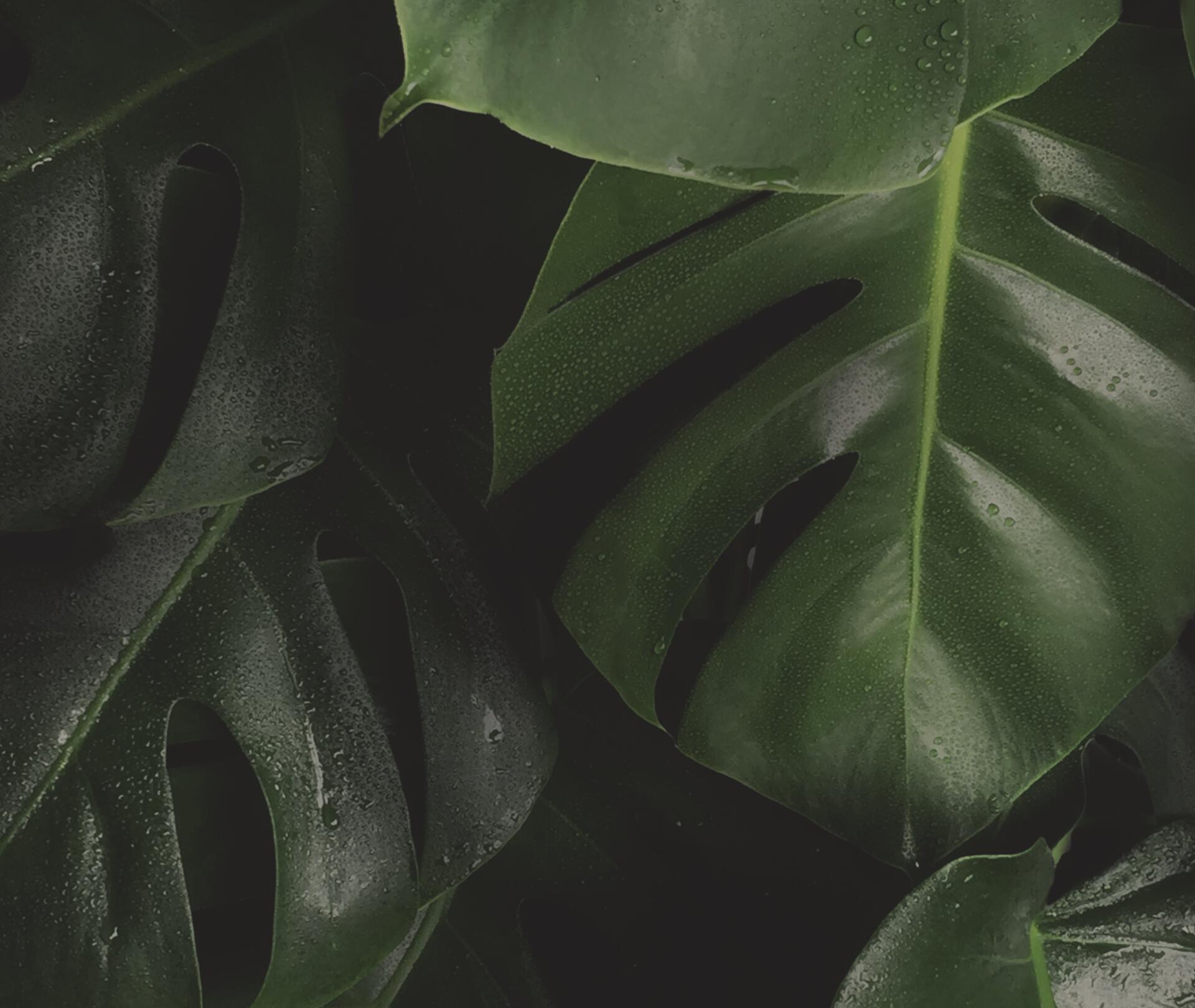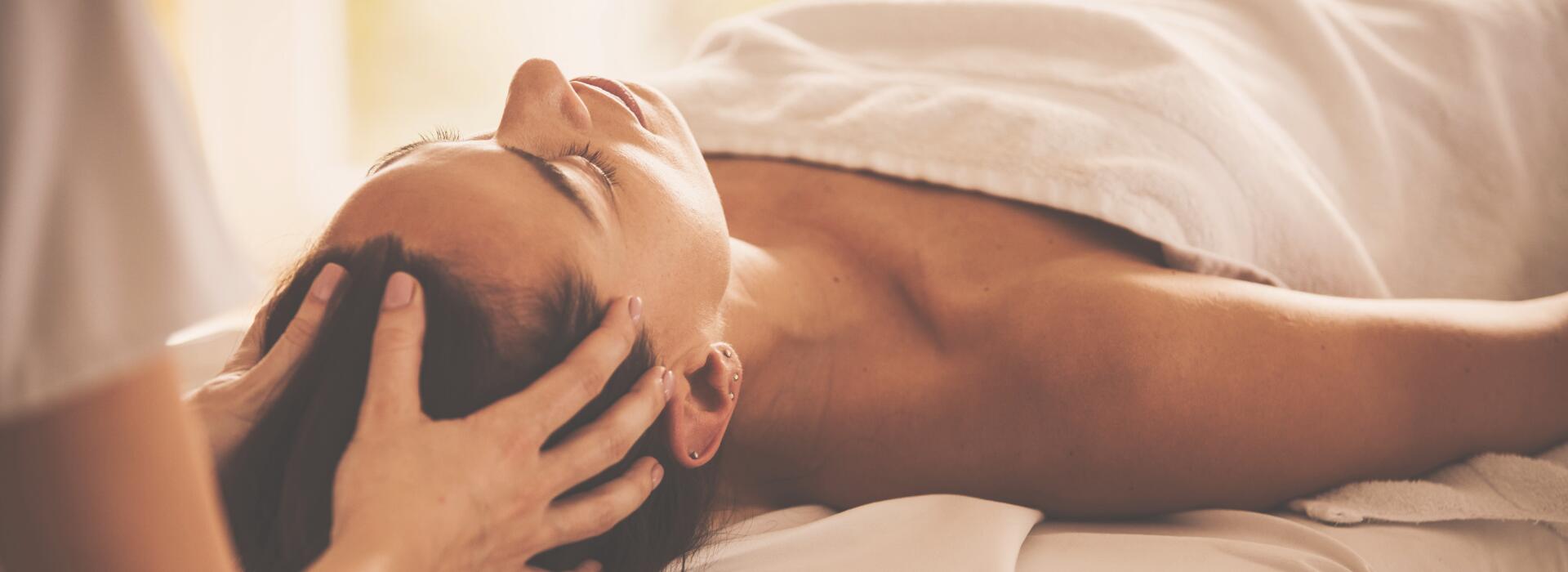
Massaging is based on the general principle that all information received by an individual is conveyed through the body. The way the brain perceives this information depends on physical sensations. This is the reason why the physical and the mental influence each other.
The aim of massaging is to promote unity and coordination between the mind and the body.
It is the oldest known therapeutic technique.
Scalp massages have been renowned and practiced for a very long time in traditional Chinese medicine. This technique is largely based on the existence of energy currents that can be accessed through touch.
According to this concept, twelve meridian vessels form paths through the human body and can be perceived by the senses. They connect the organs extensively, but also the surface of the entire body.
The path of each vessel travels through the area around our skull up to the occipital area. They are all involved in managing the circulation of fluids in our body.
Beyond the sensory well-being it provides, a simple massage can have a profound effect on the health of the scalp and the beauty of the hair.
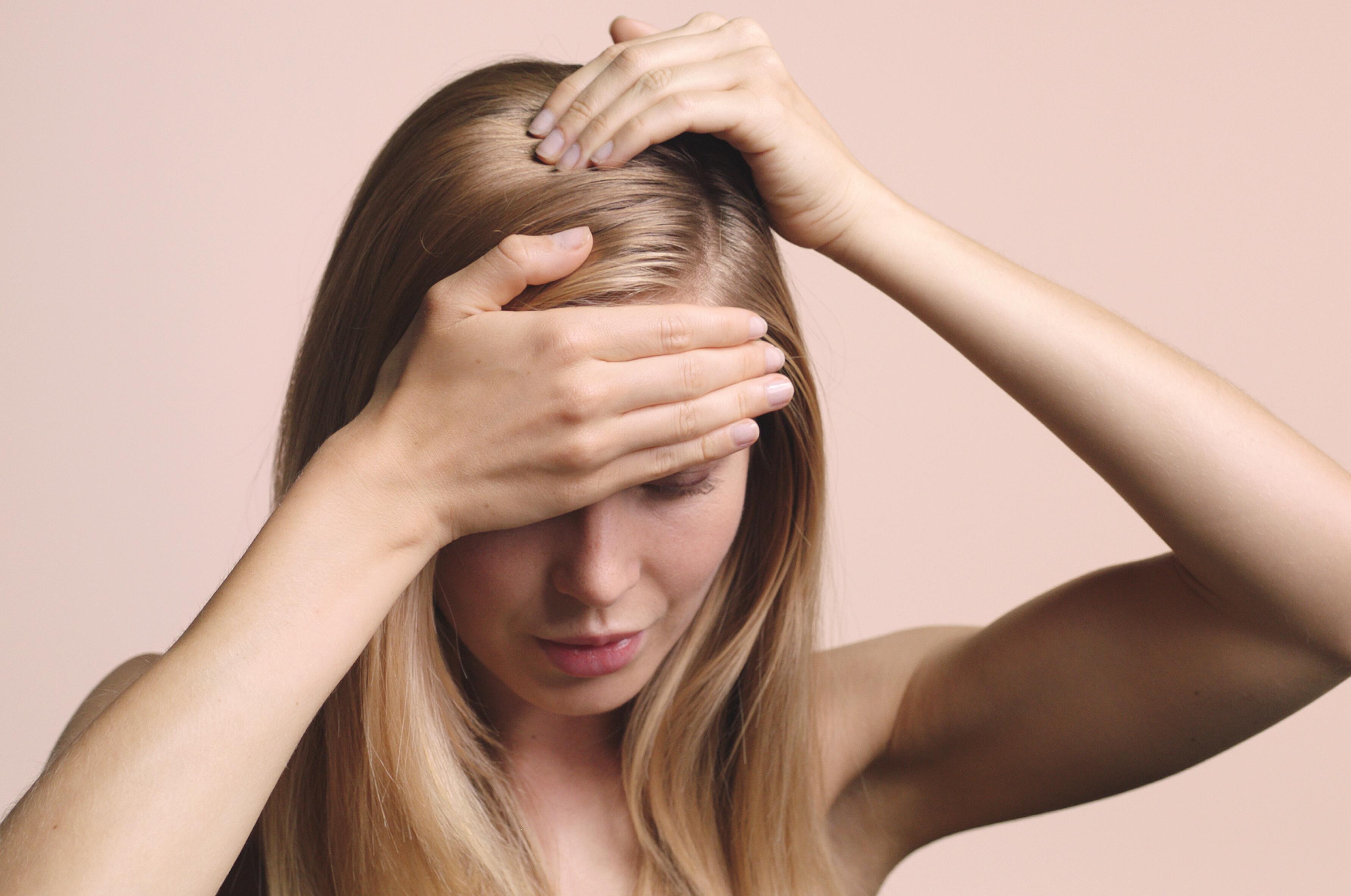
It's important to know that a scalp massage is based on three main principles:
They are chosen and adapted by the hair practitioner according to the goal.
An energetic scalp massage can act as stress relief, release tension, or soothe and regulate circulatory flows. As it stimulates microcirculation, it promotes proper irrigation of the hair bulbs for stronger, more resistant hair.
For even greater effectiveness, it can be combined with natural care products that include essential or plant-based oils.
Depending on the aim of the hair practitioner or the recipient, a scalp massage can utilize a variety of techniques: effleurage, friction, pressure (shiatsu), modeling, drainage, etc.
It targets the scalp in a way that provides true stress relief.
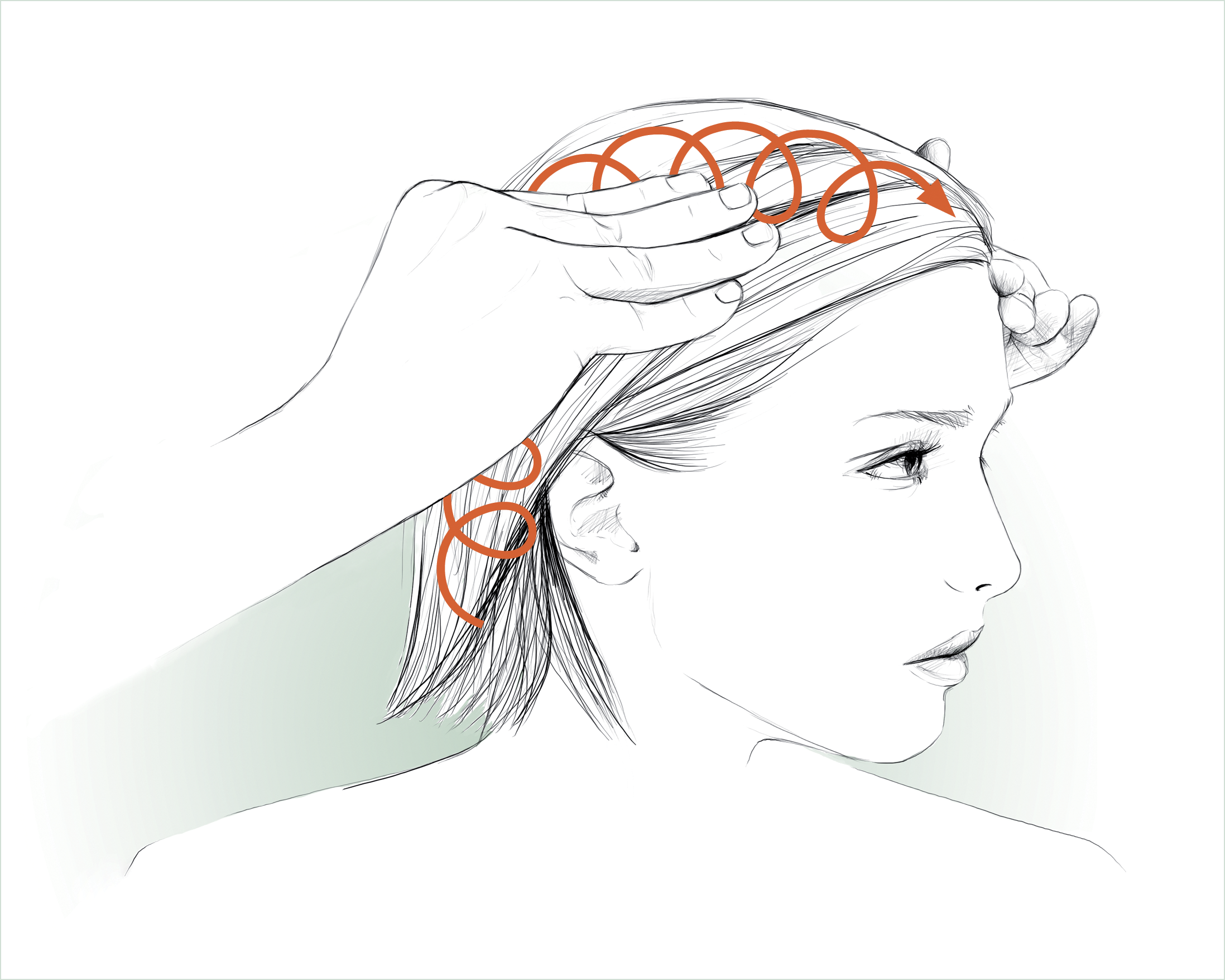
The circular movements relax and release tension. They decongest and soften the scalp.
This technique is performed with the tips of the fingers, using varying degrees of pressure. This allows the scalp to move from the base of the skull, which encourages micro-circulation. The blood transported in this way facilitates the proper irrigation of the hair bulbs. The hair is visibly stronger and more resistant.
The movement consists of a rhythmic sequence of pressure along the meridians through which the energy that connects all the organs and functions of the body circulates. Pressure is applied to a set of specific reflex points to stimulate the energy system.
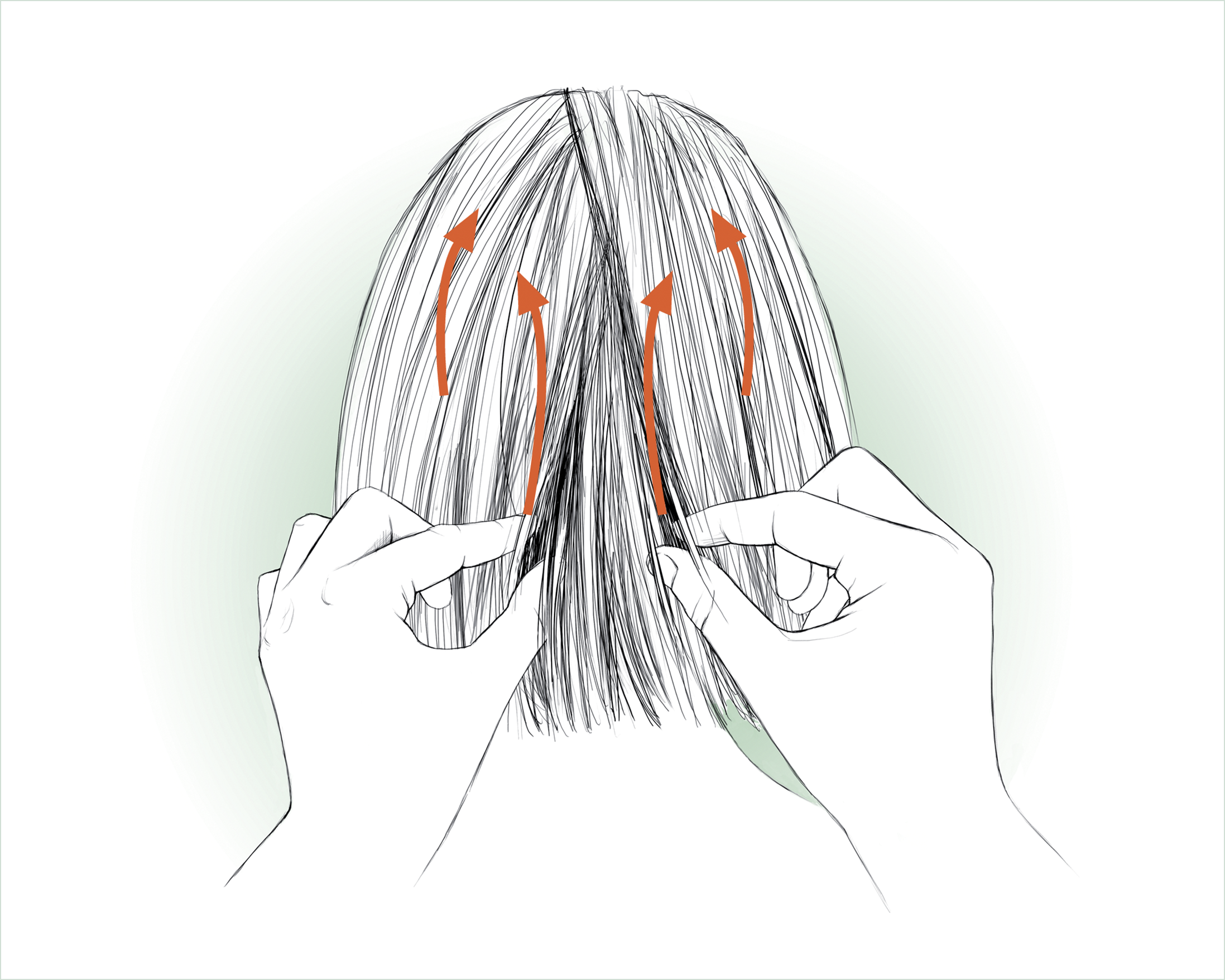
The various self-massage techniques release tension, soothe and regulate circulatory flow. They stimulate microcirculation and contribute to the proper irrigation of the hair bulbs for stronger and more resistant hair. Massages can also promote hair growth.
Massaging from the bottom to the top of the head increases energy and stimulates circulation. This is ideal for tired, lackluster and devitalized scalps.
Conversely, moving from top to bottom regulates the overflow of energy and reduces the activity of overactive scalps.
The benefits of salon massages can be extended to the home. But it’s not always easy to find a volunteer to massage our scalp. That's why René Furterer developed two easy-to-follow self-massages.
The scalp has specific needs depending on its condition.A self-massage can either invigorate it or soothe it.
To invigorate the scalp, it’s best to choose a technique that uses upward movements. The goal is to energize the capillary vascular system, circulatory flows and even the body in general.
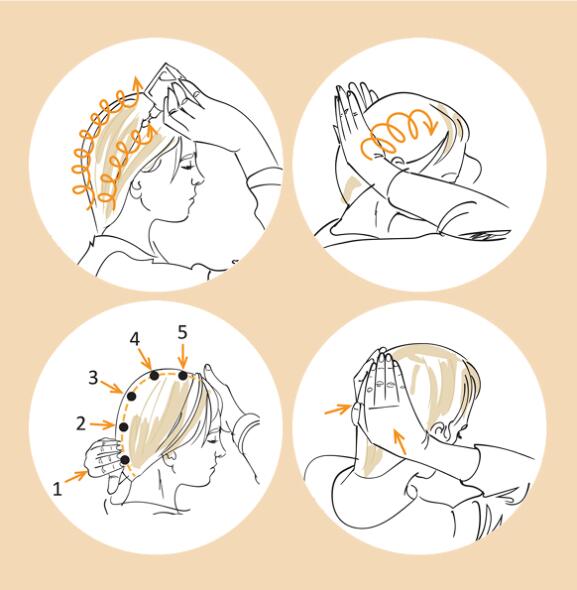
The warmth of the massage promotes the penetration of active ingredients, stimulates microcirculation, softens the scalp and relieves tension in the nerve endings.
It may sound surprising, but it's both an energizing and relaxing self-massage!
If the chosen treatment features essential oils, this self-massage will reinforce their invigorating action. It will give the scalp a real boost!
This time, the technique uses movements from top to bottom. They soothe residual stress without causing a drop in energy. It regulates overflows of energy and circulatory flows.
It reinforces the soothing and relieving action of the essential oils in the care products and acts like a cool, calming and refreshing bath for your scalp! The cold promotes vasoconstriction, decongests and soothes. It sanitizes, calms, and relieves any signs of irritation: cold does soothe heat, after all!
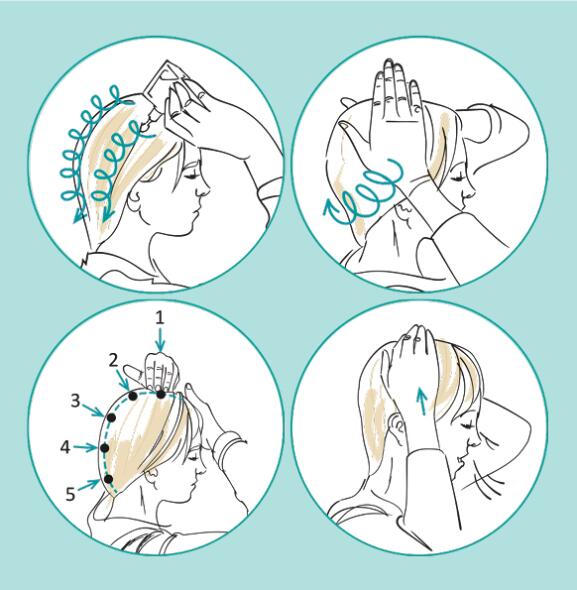

How bad is it, doctor?
Very often overlooked, the scalp contributes to the well-being of our hair.

René's Secrets
Do I really know my hair? Marie, 29 years old, talks about her initiation journey at the René Furterer Hair Spa, nestled in the heart of the Madeleine district in Paris.
